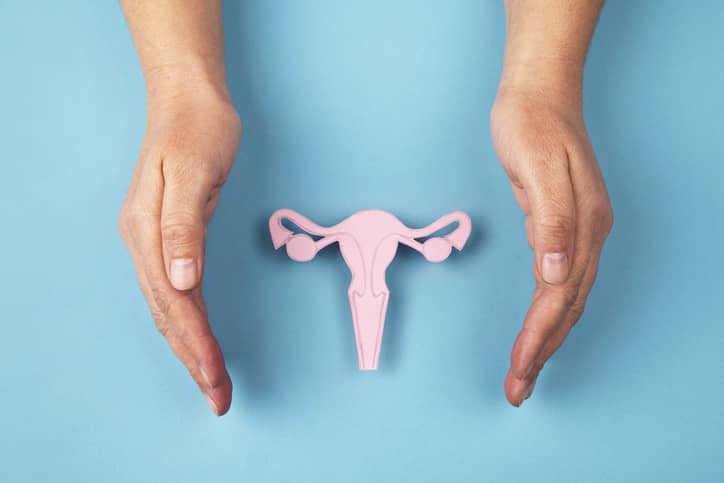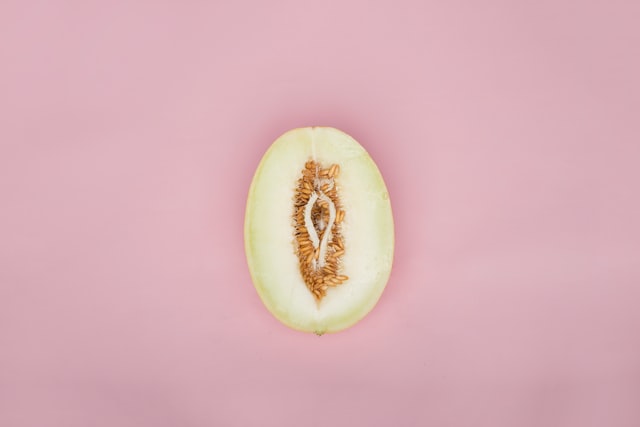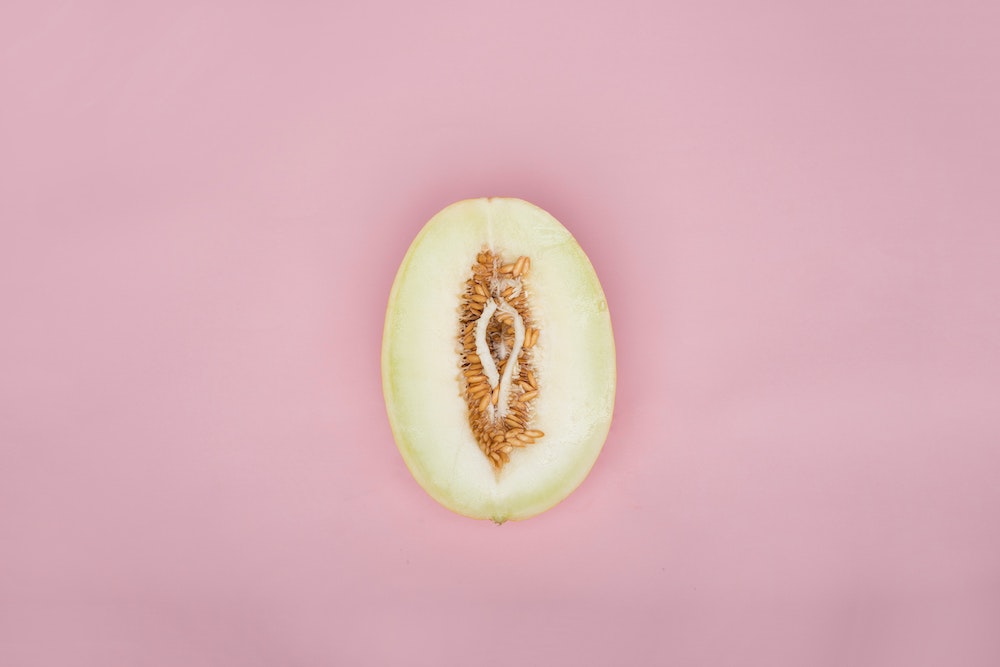Yeast infections are common and they can affect anyone. Also known as thrush and candidiasis, they’re caused by a fungus called candida. And while they’re usually harmless, they can be very uncomfortable.
But what does a yeast infection mean for your sex life? Read on to learn about the common signs and causes of a yeast infection, if you can have sex when you have a yeast infection, and how you can treat it.
What are the symptoms of a yeast infection?
A yeast infection doesn’t always cause symptoms, but you’ll often notice some changes in your body that suggest something’s wrong.
Some people get a white vaginal discharge, which is often described as looking like cottage cheese. You might also get some itching and irritation around your vagina, or soreness or stinging when peeing or having sex.
Other people get burning, redness and irritation around the head of the penis and under the foreskin, as well as a white discharge. In this case you may also notice a bad smell, or have difficulty pulling back your foreskin.
It can also affect skin in other areas, including your groin, armpits and between your fingers – the warm, moist areas of your body. Your skin may become covered with a red, itchy or scaly rash and you might get a white or yellow discharge.
What causes a yeast infection?
Your body is home to lots of bacteria, which is important for your health. But if this balance of ‘good’ bacteria changes, it can trigger a yeast infection.
Certain things can affect your balance of bacteria, including:
- taking antibiotics
- skin irritation or damage
- a weak immune system caused by diabetes or HIV
- pregnancy
- hormone replacement therapy (HRT)
The candida fungus also likes to grow in warm, moist places, which is why yeast infections are common in the genital area.
Can you get a yeast infection from sex?
Yeast infections aren’t classed as sexually transmitted infections (STIs).
However, sex can trigger a yeast infection, especially if you’re not relaxed during sex and your vagina is dry.
Can you have sex with a yeast infection?
The soreness and itchiness a yeast infection often causes can make it uncomfortable or painful to have sex.
And if you use a condom or a diaphragm during sex, it’s important to know that some treatments for yeast infections can damage these and stop them from working.
So, you may wish to avoid sex with a yeast infection until it’s been treated and has cleared up, particularly if it’s making sex uncomfortable. With treatment, this will usually be within 1 or 2 weeks.

How do you treat a yeast infection?
Yeast infections can be pesky and persistent. More often than not, you’ll need an antifungal medicine to get rid of them. This is available in various forms, including a tablet you take, a tablet you insert into your vagina (pessary) and a cream.
If you’ve had a yeast infection before and you know you’ve got the symptoms again, you may be able to get medicine from a pharmacist without seeing your doctor first.
The good news is that if you do have a yeast infection, the person you've had sex with won’t need treatment unless they also get symptoms.
As mentioned above, the yeast infection should go away within 7 to 14 days of treatment. If it keeps coming back and you get it more than 4 times in a year, your doctor may advise you to use a treatment for a longer period of time, which could be anything up to 6 months.
When should you see a doctor about a yeast infection?
If you’re unsure if you have a yeast infection or if it’s the first time you’ve had symptoms, it’s a good idea to visit your doctor.
You should also speak to your doctor if you think you have a yeast infection and:
- the symptoms keep coming back
- treatment doesn’t work
- you’re under 16
- you’re over 60
- you’re pregnant or breastfeeding
- you have a weakened immune system, due to chemotherapy, HIV or diabetes, for example
Your doctor will be able to help you identify what might be causing the infection, do some tests if necessary and recommend the best course of treatment.
Key points
- yeast infections are common and can affect anyone
- you’ll often see some changes in your body – especially around the genitals – that signal something’s wrong
- yeast infections aren’t usually passed on through sex but sex can trigger a yeast infection
- you may wish to avoid sex with a yeast infection until it’s been treated and has cleared up, particularly if it’s making sex uncomfortable
- most yeast infections can be treated within a week or 2 with an antifungal cream, tablet or pessary






